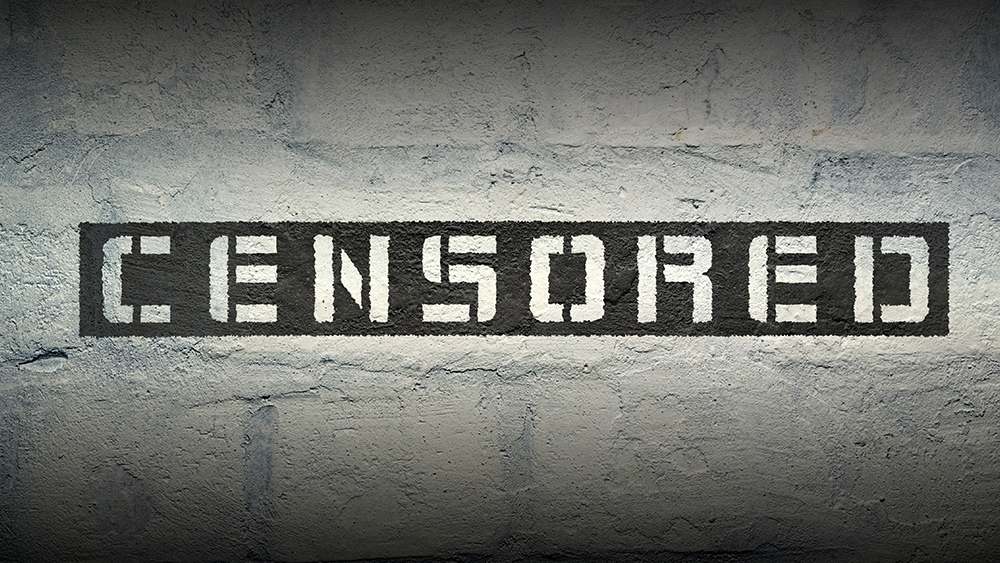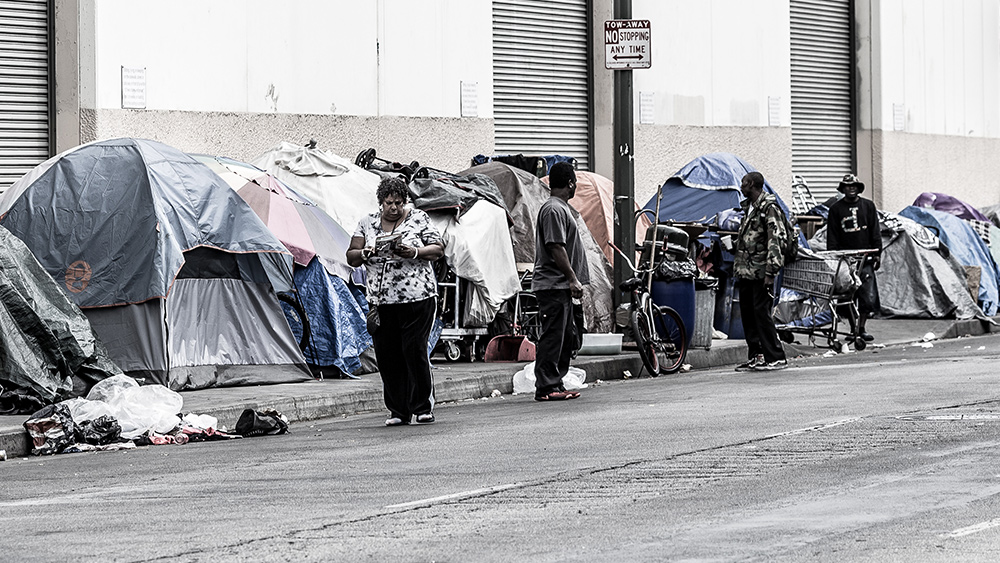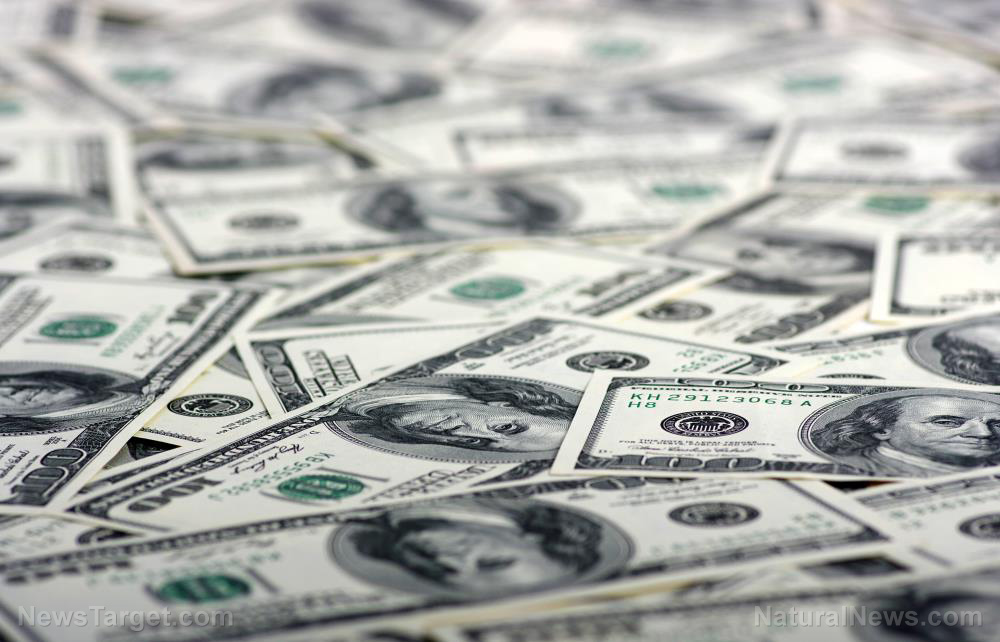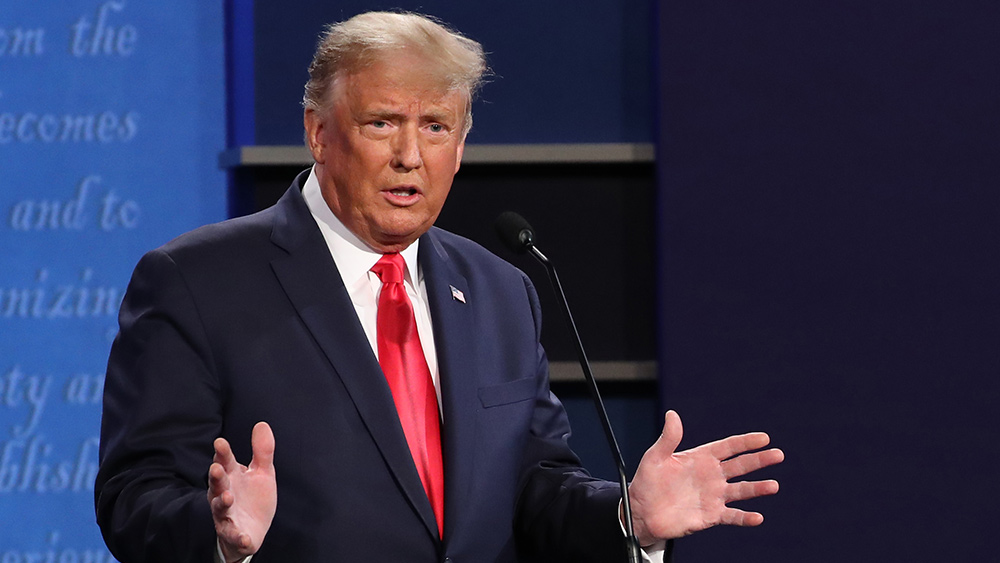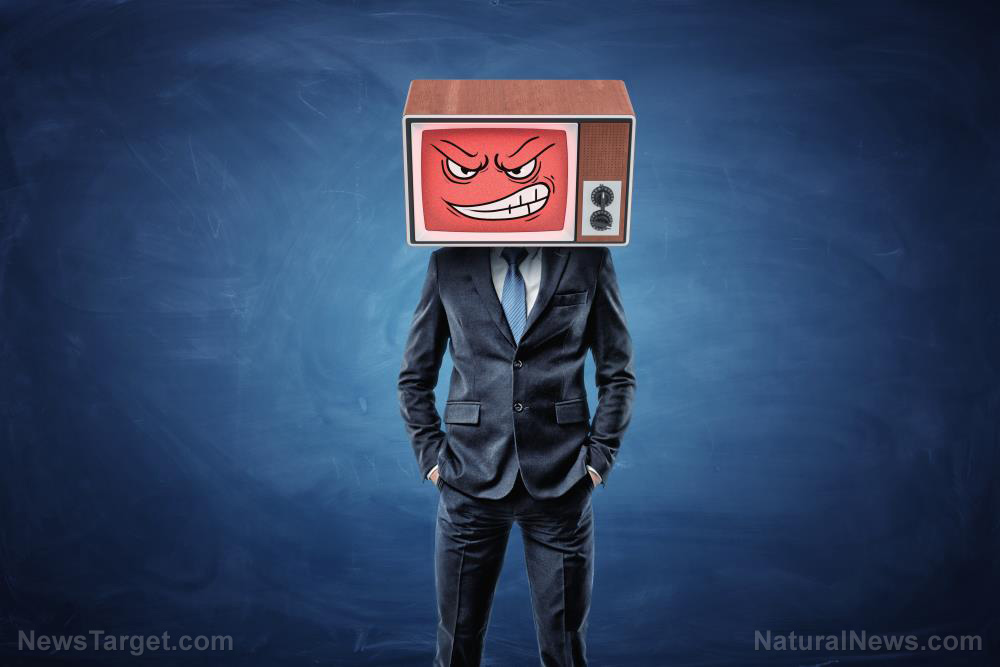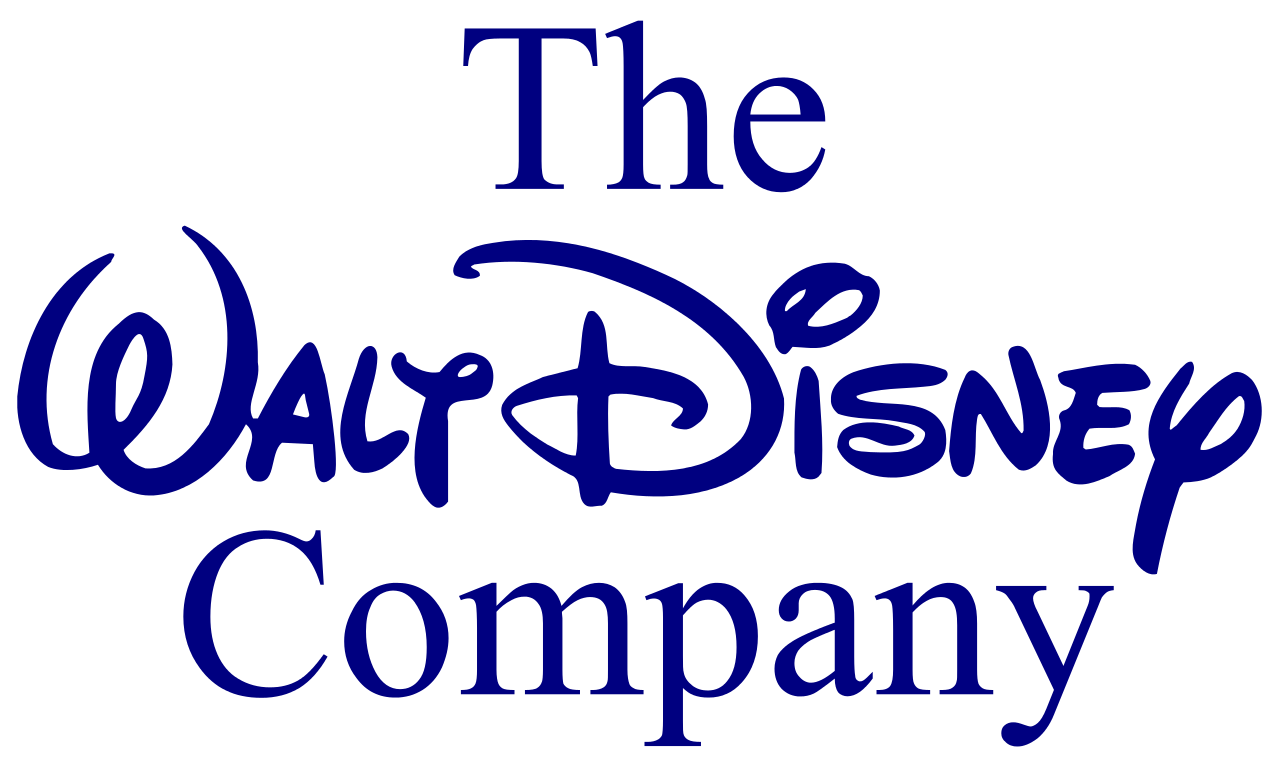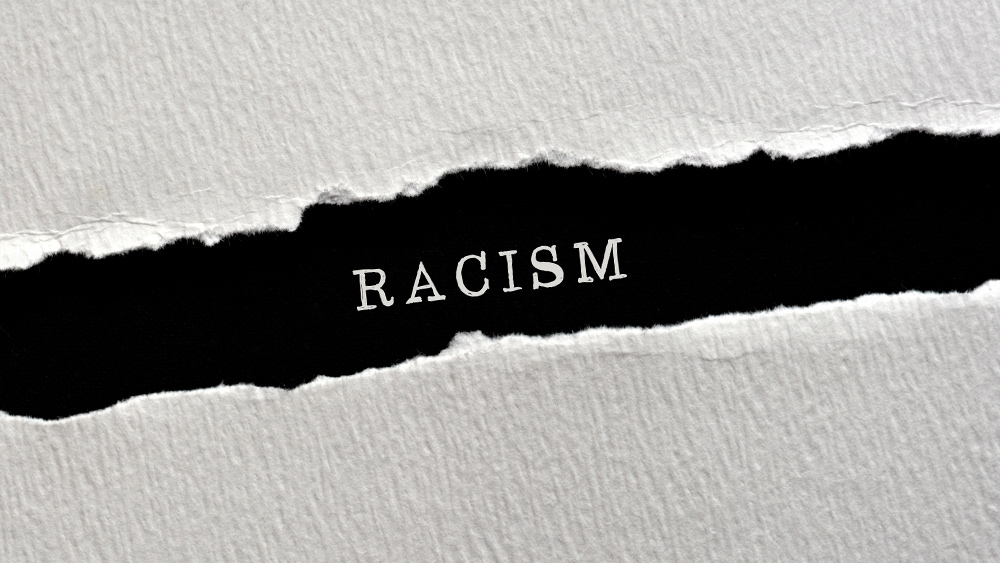PROGRESS: Corporate “wokeism” backlash drives S&P Global to dump ESG metrics in credit quality assessments
08/15/2023 / By Belle Carter
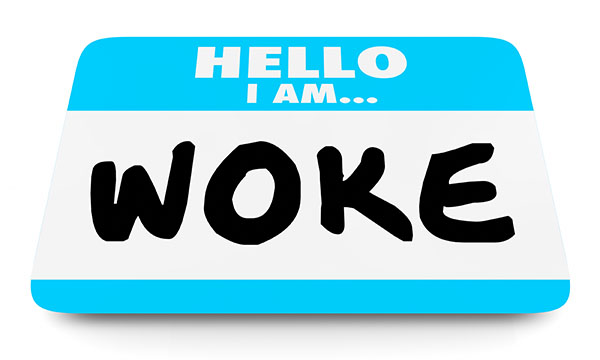
American publicly traded corporation Standard & Poor (S&P) Global recently announced the dropping of its credit rating agency’s use of environmental, social, and governance (ESG) scores in assessing corporate borrowers. This is its response to the massive backlash on this metric’s link to the global “woke” agendas being pushed across the United States.
According to the Epoch Times, S&P Global Ratings has been rating companies since 2021 on a scale from one to five, (best to worst) in each of the three components of ESG. But two years later, the agency’s scoring system is being dropped in the rating agency’s credit quality assessments of publicly rated firms because the ratings are reportedly not being accepted by its customers. “Effective immediately, we are no longer publishing new ESG credit indicators in our reports or updating outstanding ESG credit indicators,” a released statement indicated.
Fortune‘s Christiaan Hetzner reported that the said rating system has been confusing people. Case in point: Many mistook the numeric grade as being tantamount to the kind of controversial ESG scores that saw Tesla get booted from a sustainability index last year while oil giant Exxon Mobil was allowed to remain. “In reality, it was simply a way of measuring the impact of risks when judging whether a company would pay back its debt and no attempt to rank it as an ethical investment,” Hetzner pointed out.
Moreover, Global Sustainable1, an arm of the parent S&P company, is responsible for the kind of scoring that had the multinational automotive firm’s chief, Elon Musk, fuming. He blasted the company, saying “ESG is a scam” and “ESG is the devil,” even after Tesla was included once more in the sustainability index in June.
“We have determined that the dedicated analytical narrative paragraphs in our credit rating reports are most effective at providing detail and transparency on ESG credit factors material to our rating analysis, and these will remain integral to our reports,” the S&P’s recent statement said.
Patrick Welch, chief ESG and rating policy officer at Kroll Bond Rating Agency (an S&P rival firm) echoed the same sentiment as Hetzner that confusion is the likely chief culprit driving the change, Bloomberg reported. “By using a five-point rating scale, you’re putting one scoring system – an ESG one – inside another scoring system, which is the credit rating,” he said, pointing out that the confusion is about whether the rating reflects the financial risk to the company or the company’s effect on the society and the environment, for example.
For Tom Lyon, a professor at the University of Michigan‘s business school, ESG ratings are “not that reliable, and they disagree.”
While S&P Global has dropped its ESG scores, its rivals Moody’s and Fitch continue to use an alphanumeric scale for their ESG assessments. Chief Credit Officer at Fitch Ratings Richard Hunter told Pensions & Investments, “Fitch believes that there are profound limits to what text disclosures can do for investors monitoring an entire portfolio of hundreds of serviced issuers and bonds. We have found that having a numeric score that crisply identifies individual issuers with actual rating changes that can be classified as driven by a factor that has direct relevance for ESG as well, or where those factors are heavily discussed at the committee, without rising yet to an actual rating change, has been highly valued by users.”
Wokes’ obsession with radical social change and willingness to ignore the law has hurt consumers
For Texas Attorney General Ken Paxton, many consumers and investors have been hurt by the woke ESG movement’s obsession with radical social change and willingness to ignore the law.
“We’re investigating S&P Global to find out whether they’ve engaged in the types of destructive, illegal business practices that are so pervasive in the ESG movement. If so, they will have to answer for their actions,” Paxton said back in September 2022 and the said investigation is still in the works.
Though many perceive the backlash as basically from the conservatives and Republicans, experts believe that this is not the case. Scott Shepard, a fellow at the National Center for Public Policy Research, which is a free-market public policy research group, told the Epoch Times in a recent interview that opposition to ESG is gaining steam in the United States.
“We’re seeing something very different this time. Because it’s not just the conservatives, who are always interested in this sort of thing; it’s the whole country,” Shepard referred to the boycott calls of woke brands such as Bud Light and Target for their blatant display of support for the “left cult.” He added that what started as just guidelines, ESG has now turned into heavy-handed mandates on controversial “social justice” ideologies. (Related: Bud Light’s parent company loses $390M after Dylan Mulvaney ad controversy.)
Corporate leaders fear losing their jobs if they drop ESG more than they fear corporate losses, Will Hild, executive director of Consumer’s Research, said. “That’s why woke companies don’t seem to learn their lesson and keep pushing ESG’s ‘far-left agenda.’ It’s a cover for pushing politics using other people’s money,” he said.
Visit WokeMob.news for more stories about wokeism in corporate America.
Sources for this article include:
Submit a correction >>
Tagged Under:
assessment, awakening, bias, Collapse, corporate woke agenda, corporations, credibility, credit indicators, credit rating, debt collapse, ESG, left cult, market crash, metrics, progress, propaganda, reliability, risk, S&P Global, social change, social justice, woke, woke mob, wokeism, wokies
This article may contain statements that reflect the opinion of the author
RECENT NEWS & ARTICLES
COPYRIGHT © 2017 ALT LEFT NEWS

